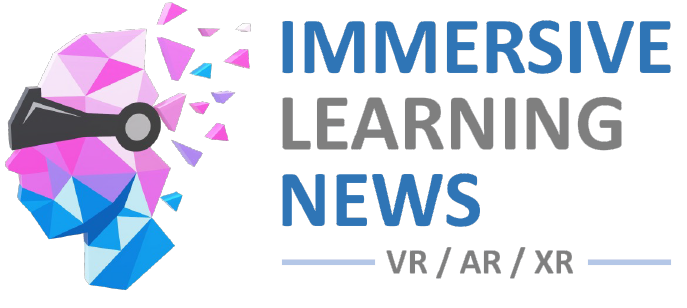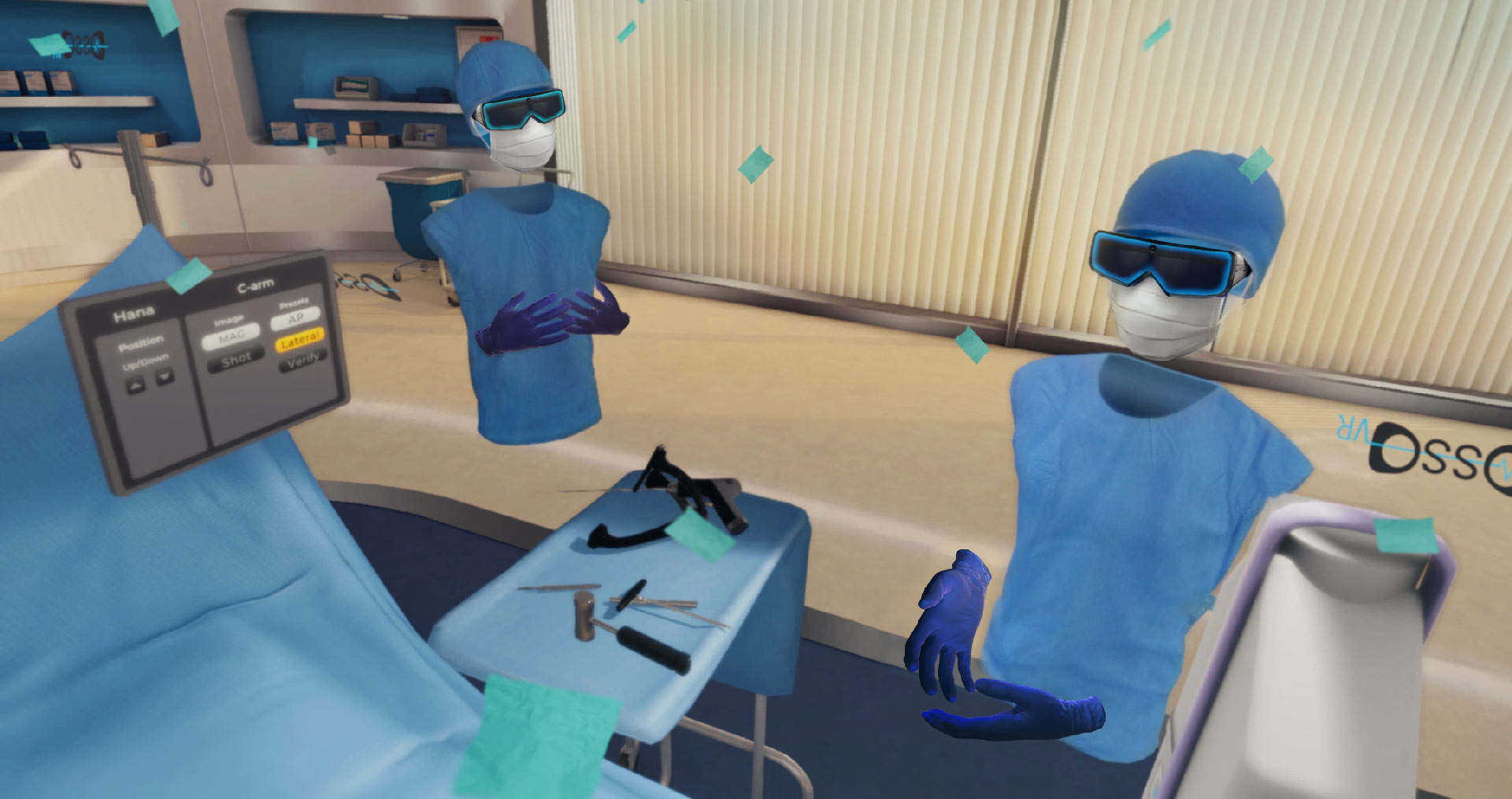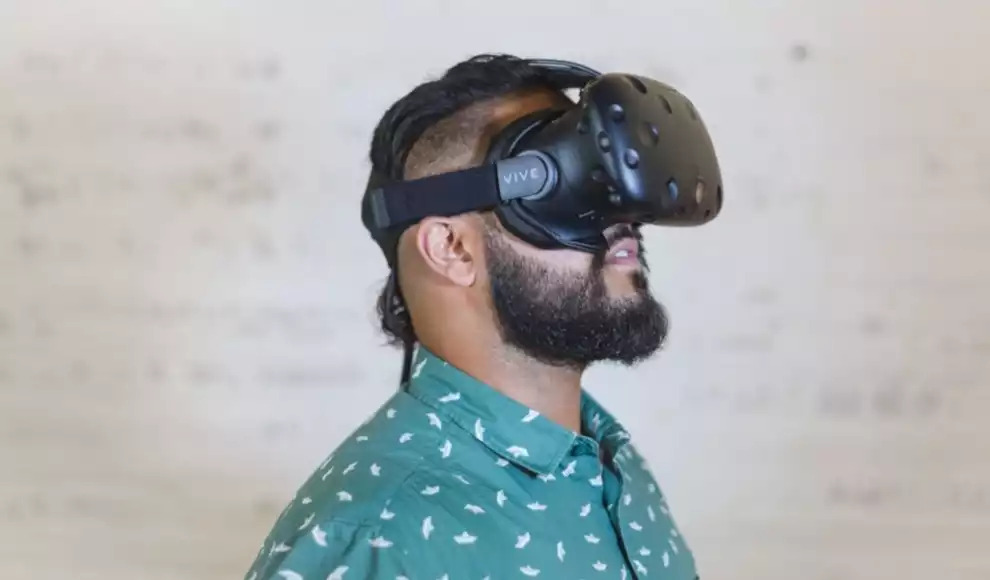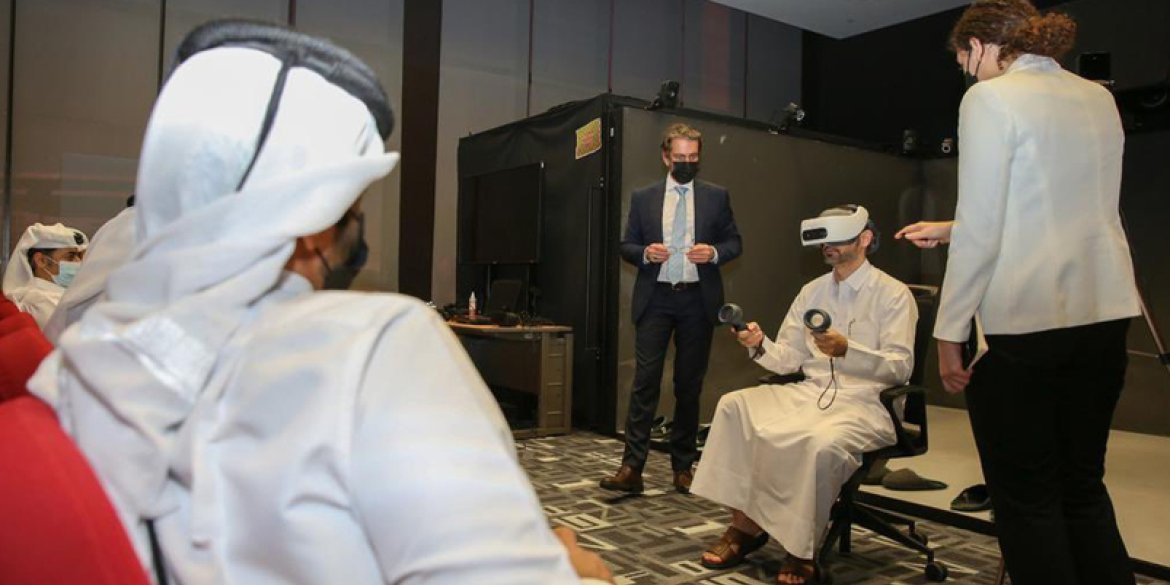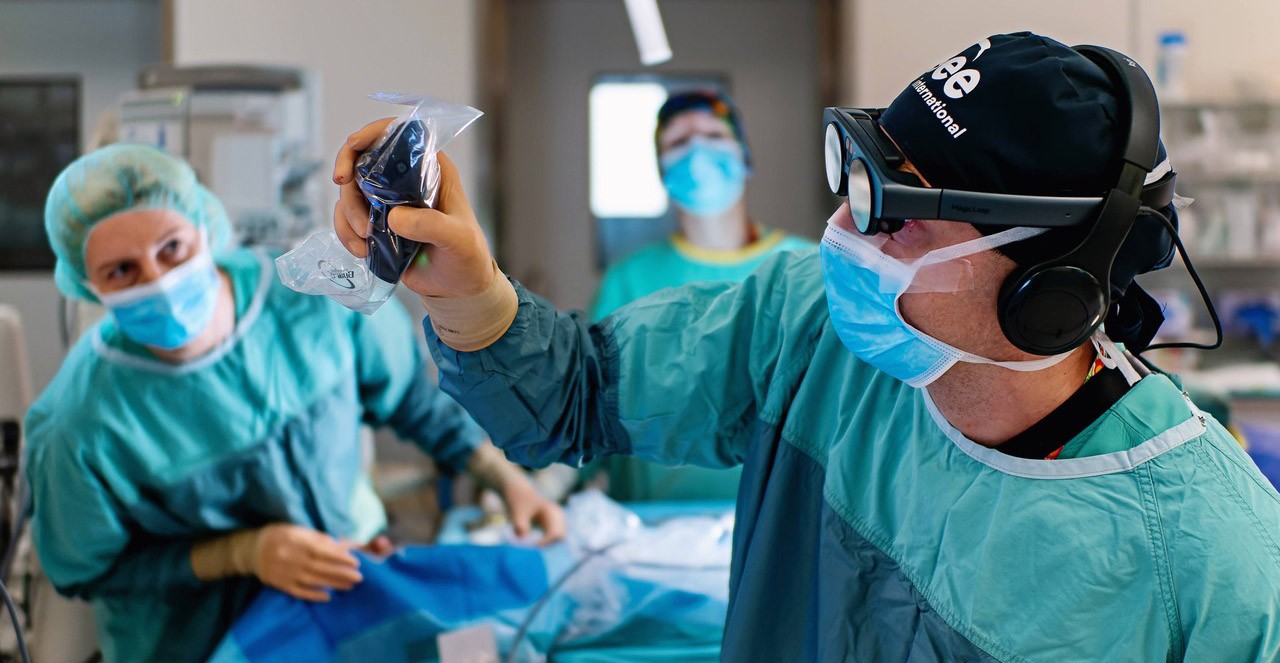Osso VR today announced it has raised $14 million in Series A funding to further develop its VR surgical training platform.
The financing round was led by Kaiser Permanente Ventures, with participation from SignalFire, GSR, Scrum Ventures, Leslie Ventures and OCA Ventures.
According to Crunchbase, the Series A brings Osso VR’s overall funding to $16 million, with its most recent funding round arriving in June 2017.
Founded in late 2016 by UCLA and Harvard-trained orthopedic surgeon Justin Barad, MD, Osso VR has developed a VR training platform that allows surgeons and other healthcare professionals to learn and review medical procedures.
Apparently in the years since its founding, the company has celebrated a measure of success with surgical training programs worldwide. The company now says its platform is currently used by over 20 teaching hospitals and 11 medical device companies, distributed across 20 countries.
Not only does the platform allow for hands-on learning with surgical procedures, but it also includes assessment modules, which can gauge a trainee’s knowledge of “steps, level of precision and overall efficiency throughout the procedure providing a benchmark for proficiency.”
“Being on the frontlines as a provider gives me a daily reminder that we are facing an accelerating challenge with how we train for and practice procedures in medicine,” said CEO and co-founder Justin Barad, MD. “We set out from day one with a focused mission: to improve patient outcomes, increase the adoption of higher value medical technology, and democratize access to surgical education around the world. Osso VR has done so much in such a short amount of time, yet we have much more to do. With strategic partners like Kaiser Permanente Ventures, we are ready to work together to ensure that patients all around the world have safe access to the best care.”
Quelle:
Osso VR Secures $14M Investment to Further Develop VR Surgical Training Platform
